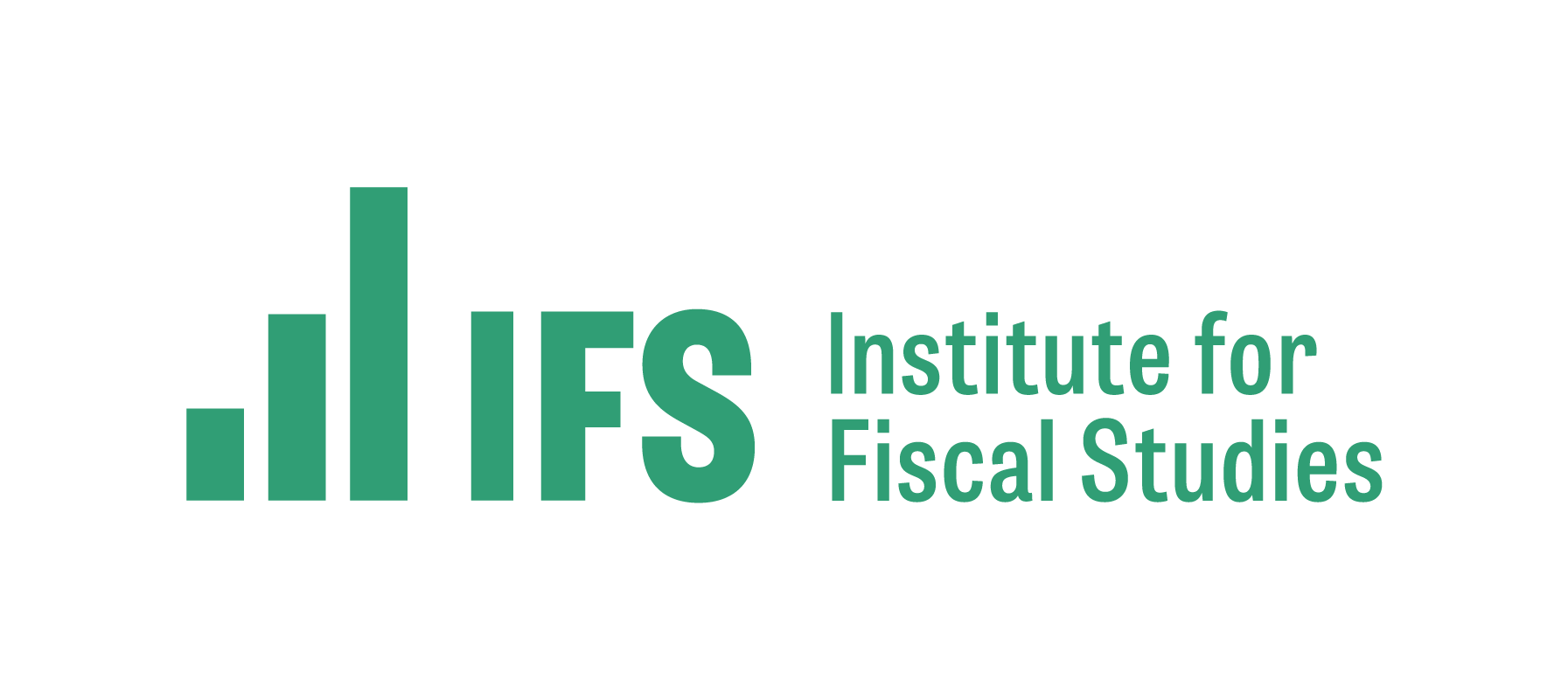The relationship between the public and the NHS is complex. Often described as ‘a national religion’, the NHS is the thing that makes people feel most proud to be British and regularly tops polling on the most important issues facing the country (for example, see Ipsos MORI 2018). However, while many people strongly identify with its values, there is often debate about whether the service is sustainable in its current form. This complexity extends to people’s relationship with their own health, which is influenced by a range of factors, including genetic characteristics, behavioural factors and the environment in which they live. This complex interplay of factors raises the question of the extent to which people are responsible for their health or whether it is determined by factors beyond their control.
In this paper, we explore the public’s expectations of the NHS, the balance between meeting those expectations and living within a constrained budget, and the question of who is responsible for keeping us healthy.
Key findings
- The public strongly identifies with the values and founding principles of the NHS. However, while satisfaction with services remains high by historical standards, recent polling suggests people are becoming increasingly concerned about the NHS, particularly in relation to lengthening waiting times and the level of funding provided by the government.
- Resources for health care are finite; all health systems are required to make choices about how to allocate funds. However, a prolonged funding squeeze combined with rising demand has resulted in the NHS having to take increasingly difficult decisions at both local and national level, with the NHS currently struggling to meet core standards within its budget. The announcement in June of additional funding for the NHS is welcome but it does not provide the long-term cure that would restore it to full health. Further hard choices lie ahead and polling suggests the public is reluctant to accept measures perceived as ‘rationing’.
- Underpinning the NHS is the idea of a contract between the individual and health services. In England, the NHS Constitution sets out the public’s rights and the NHS’s commitments, together with individual responsibilities. Most people accept they have a responsibility to contribute to their own health and wellbeing.
- However, the most important influence on people’s health is the economic, physical and social environment in which they live. Consequently, while the NHS and individuals can play their part, it is essential that together, national and local government use the levers they have at their disposal (such as tax and regulation) to foster healthy environments. New polling suggests that the public are more receptive to such interventions than politicians often suppose.
Partners



